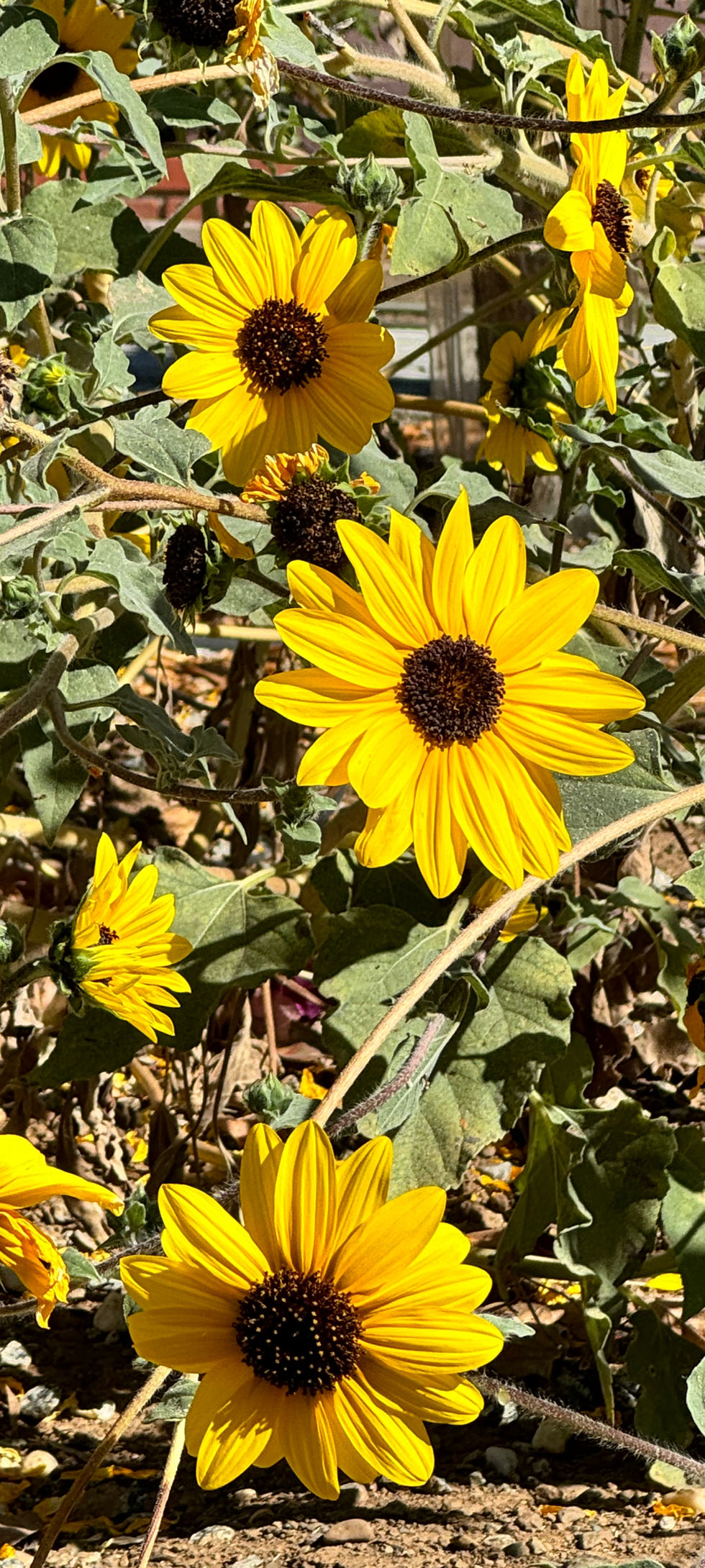A Silent Threat: Invasive Plants in Pacific Palisades
- Sara G. Marti

- Aug 13, 2025
- 3 min read
The Palisadian-Post has partnered with locally founded environmental organization Resilient Palisades to deliver a “green tip” to our readers in each newspaper. This edition’s tip was written by Sara G. Marti, board member and social media lead. In the aftermath of the Palisades fire, we are presented with a critical opportunity. While we rebuild and recover, a silent threat is already at work, one that fuels these fires, pushes out native species and drains our precious groundwater: invasive plants in Pacific Palisades.
As Resilient Palisades, we believe this is our chance to restore our community’s natural resilience. We’ve been working closely with experts on this topi

c to help our community combat this problem.
Bill Neill, president of the Los Angeles/Santa Monica Mountains Chapter of the California Native Plant Society, provided a detailed account of why we must act now.
“For the past 40 years, my primary activity in CNPS has been to protect our native flora by controlling invasive non-native plants … I closely watch for news about wildfire in natural areas, because fire can provide an opportunity to control invasive plants more easily and cheaply than without fire; and if that post-fire opportunity is not taken, infestations of invasive plants usually become worse,” Neill said.
Neill pointed to plants like Ailanthus, or Chinese tree of heaven, as a major concern in burn areas. He explained the unique danger this species presents.
“When Ailanthus trees are burned or cut without herbicide treatment, the lateral roots sprout numerous suckers, which grow into saplings and eventually into tall trees; so a single parent tree is eventually replaced by a grove,” Neill said. “The Ailanthus roots emit chemicals harmful to neighboring trees and shrubs, and can damage water and sewer lines, and the suckers have been known to grow beneath buildings causing damage.”
If any Palisades residents have an Ailanthus problem, Neill can be reached directly at bgneill@earthlink.net.
The need for a rapid response is a sentiment echoed by Steve Engelmann, an environmental science teacher at Palisades Charter High School.
“In the world of invasive species, the mantra is Early Detection, Rapid Response,” Engelmann said. “If you identify an invasive specie in the early days, while their numbers are low, you have a fighting chance. But even a slight delay in an effort to eradicate tips the scales in favor of the invasive. The amount of time, effort and money grows exponentially to the point where it becomes a lost cause. A wildfire presents an opportunity. There is an opportunity for the plant. Most invasives grow rapidly and can easily take over entire ecosystems, blocking out the recovery of the natives. There is also an opportunity to eradicate. While the landscape is still mostly bare, it is easy to move around and locate the invasives before they get established.”
Engelmann also noted the personal value of this work: “As we are all dealing with our own personal crises in the aftermath of these fires, there is something satisfying and therapeutic about helping to restore an ecosystem. As I am writing this, I’m about to head out to help restore monarch habitat at the base of Topanga Creek where invasives are at work.”
Join Our Community Effort
Resilient Palisades is here to help you get involved.
Our Removal of Invasive Plants team, led by Jordan Corral, has been in the Palisades parklands regularly with these experts, physically tackling the problem. They have been working to remove invasive plants such as castor bean, fennel, poison hemlock and vinca using manual methods of removal.
We want to empower our community to join this effort. Our RIP team offers a free service to visit your property, identify any invasive plant threats and provide a personalized action plan. By working together, we can protect our homes and restore the health of our local ecosystem.
To get involved and/or request a visit from our RIP team, visit resilientpalisades.org/rip. Take this opportunity with us to bring back a Resilient Palisades.



